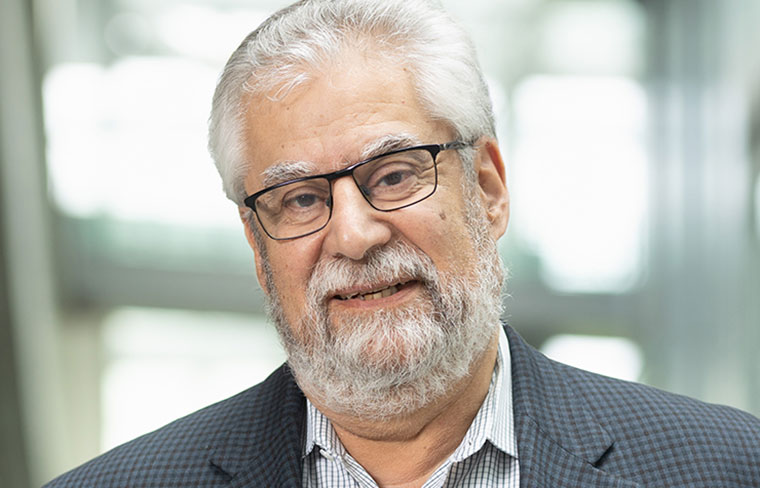-
Symposium to address dynamics between diabetes treatments and eye health
Experts in diabetes and eye health will discuss how the therapies used in the treatment of diabetes relate to the development and progression of diabetic retinopathy. Risa Wolf, MD, will share data that suggests GLP-1 receptor agonists can worsen diabetic retinopathy.
-
COORDINATE evaluates prescription therapy for patients with type 2 diabetes and ASCVD
The COORDINATE-Diabetes trial studied the effects of prescribing three recommended classes of drugs to patients with both type 2 diabetes and atherosclerotic disease compared to standard care. Investigators including Neha Pagidipati, MD, MPH, will review the results in a Scientific Sessions symposium.
-
Investigators to share new data on retatrutide triple therapy
Phase 2 trial results suggest retatrutide may offer a triple therapy option to address the multiple metabolic factors that affect people who are obese, regardless of type 2 diabetes status, said Arun J. Sanyal, MD. He and other investigators will share new data on this GIP/GLP-1/glucagon receptor triagonist and its effects on obesity, type 2…
-
Symposium will review growing role of SGLT2 inhibitors, GLP-1 receptor agonists in CVD
Sodium-glucose cotransporter 2 inhibitors and glucagon-like peptide 1 receptor agonists are making an impact in treating patients with type 2 diabetes who may be at high risk for atherosclerotic cardiovascular disease and heart failure. Darren K. McGuire, MD, MHSc, will review both classes of drugs as part of an expert panel.
-
New treatments emerge for diabetic kidney disease
As treatments for diabetic kidney disease evolve, a panel of diabetes care experts will discuss what is happening in the world of antihyperglycemic and antihypertensive agents—and beyond—as the disease continues to be a prevalent complication from diabetes. Christine Limonte, MD, will discuss whether diabetes care professionals are following guidelines in using new therapies.
-
Scientists and engineers to outline cell therapy and site considerations
Michael Sefton, ScD, and a collaborative panel of experts will discuss cell therapy and strategies for delivering it to patients with type 1 diabetes. Topics will include identifying sites for the therapy, protecting the immune cells, and, once the cells are transplanted, monitoring the patient.
-
Professional development session will offer organizational and individual strategies for preventing clinician burnout
Burnout has already contributed to a reduction in the workforce dedicated to caring for patients living with diabetes. Marie Brown, MD, of the American Medical Association will explain how to effectively address clinical burnout at an organizational level using real-world examples of success centered on practice efficiency.
-
ADA/ASN symposium to explore psychosocial determinants of health in DKD
A panel of nephrology and diabetes experts, including Titilayo O. Ilori, MD, MSc, will discuss the impact of race, ethnicity, and underrepresentation of vulnerable populations in clinical trials in relation to diabetes and kidney disease.
-
Sip & Chat: Meet the editors of ADA journals
Scientific Sessions attendees in San Diego are invited to converse with Mandeep Bajaj, MBBS, editor of ADA’s partner journal BMJ Open, Diabetes Research & Care, and ADA’s President-elect of Medicine & Science; David A. D’Alessio, MD, editor of Diabetes; and Steve E. Kahn, MB, ChB, editor of Diabetes Care.
-
ADA President of Health Care & Education calls for improved diversity in clinical trials
During a special Saturday morning lecture, American Diabetes Association® President of Health Care & Education Janet Brown-Friday, RN, MSN, MPH, urged the medical community to be inclusive of sex and gender, race and ethnicity among staff and participants when recruiting for trials. This also includes helping make access to trials more available to participants.









